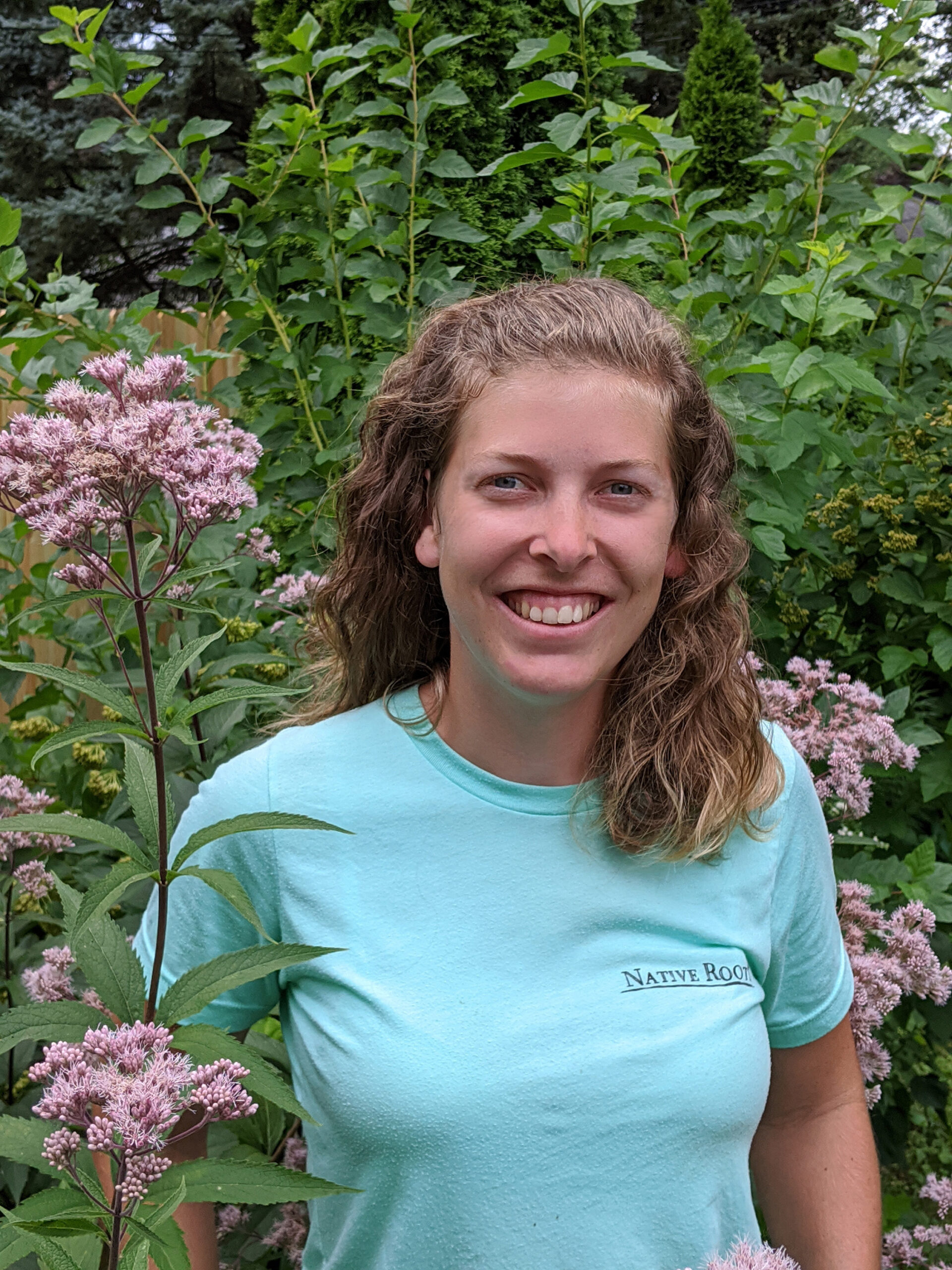
Danielle Bell
Danielle graduated from UW-Milwaukee with a dual degree in Conservation and Environmental Sciences and Architectural Design. Over the past 10 years, she has gained extensive experience working in the green industry on various size restoration projects in wetlands, prairies, and woodlands. Restoring and protecting native plant communities from the attack of invasive species has given her the knowledge to understand how plants and wildlife interact. These experiences inspired her to start her own native landscape company replacing sterile lawns with beautiful, diverse, healthy landscapes. In 2019 she became certified a Wisconsin Master Naturalist and volunteers her skills and time for various citizen science programs throughout the state.
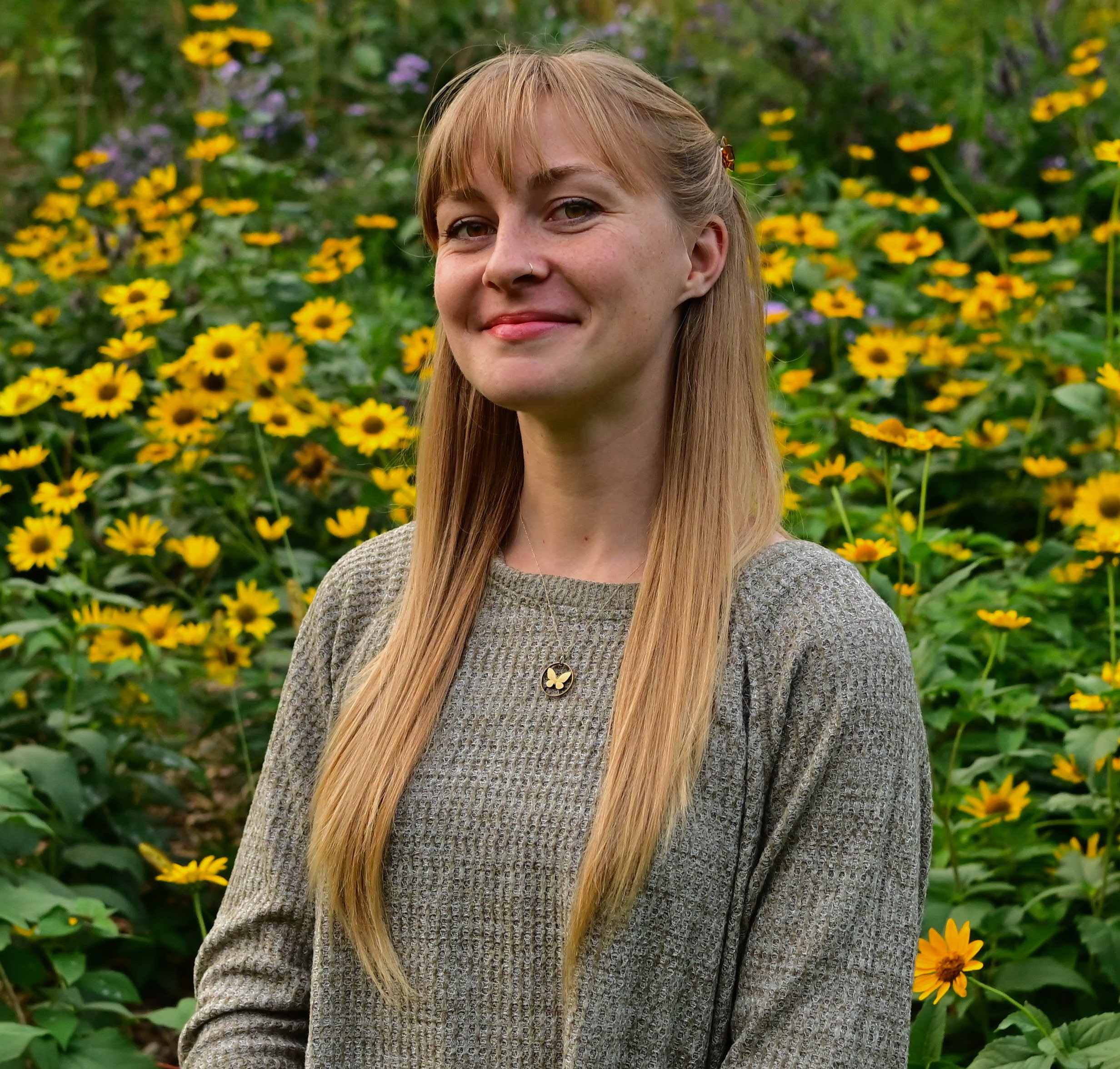
Skye Bruce
Skye Bruce recently earned her PhD in Entomology from the UW–Madison, with a research focus on butterfly conservation and ecology in Wisconsin grasslands. Her work centered on optimizing monarch butterfly habitats in both protected and pastured grasslands. She has taught undergraduate courses in biology and ecology, as well as gained experience as an Insect Ambassador at the UW–Madison, presenting to critter-curious audiences of all ages. During her academic journey, Skye led the Wisconsin Monarch Collaborative’s Research and Monitoring Committee. Now, as the Coordinator of the Wisconsin Monarch Collaborative, Skye translates her skills in native plant and insect research, project management, and team building into action, aligning it with the Collaborative’s goals and strategy.
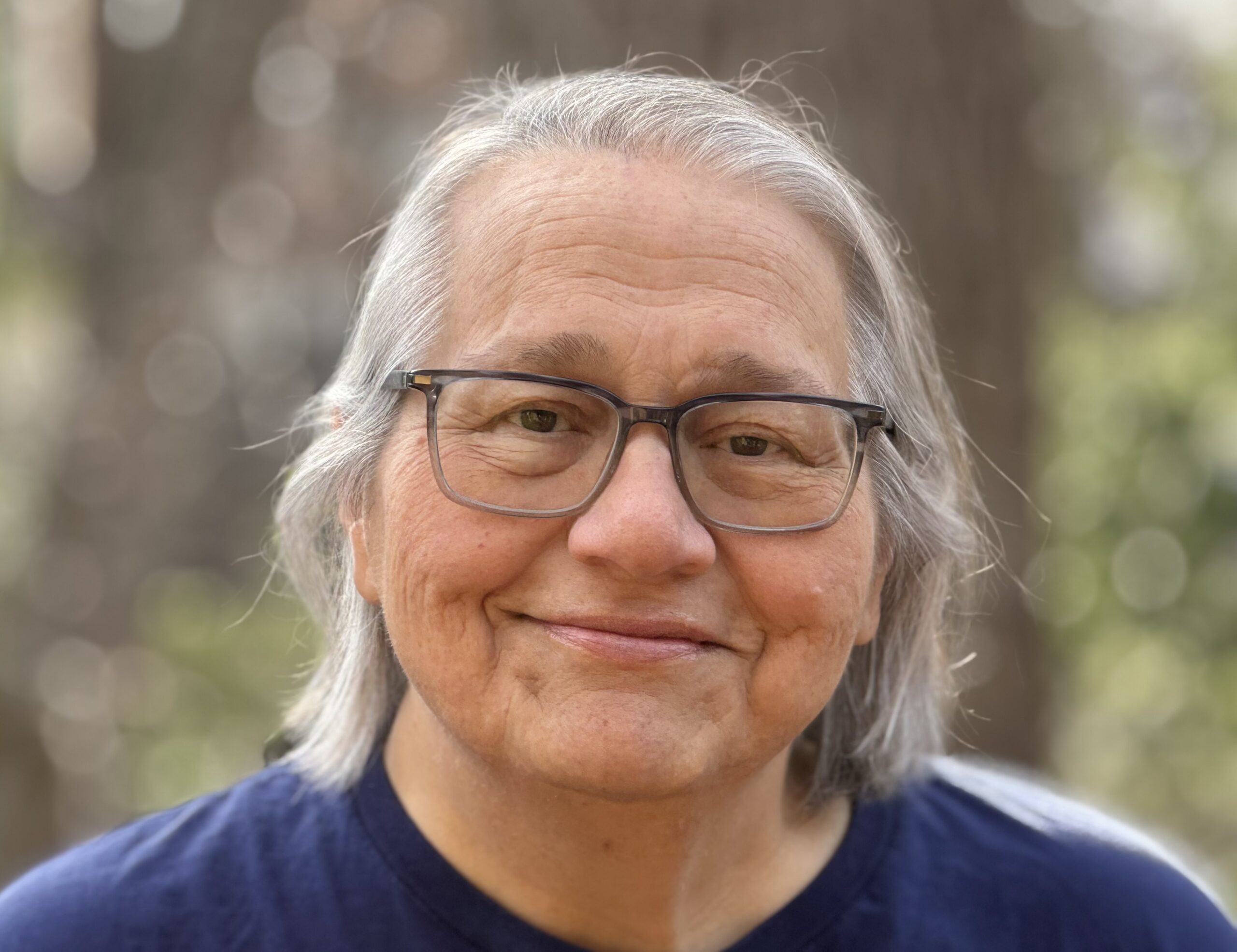
Judy Cardin
Judy Cardin is a bumble bee expert and educator with the WI DNR’s community science program Wisconsin Bumble Bee Brigade. When Judy retired as Bureau Director with the Wisconsin Department of Agriculture, Trade and Consumer Protection 7 years ago, she transitioned her 50 year passion for nature and gardening into her retirement career: sharing her knowledge of bumble bees, how to restore yard and community spaces to native habitat that will support native wildlife, in particular bumble bees and pollinators. She has trained a wide range of audiences, including Master Gardener and Master Naturalist classes, school teachers, and the PBS Garden expo. Judy is also the administrator of the Wisconsin/Midwest Bumble Bee Observers Facebook page.
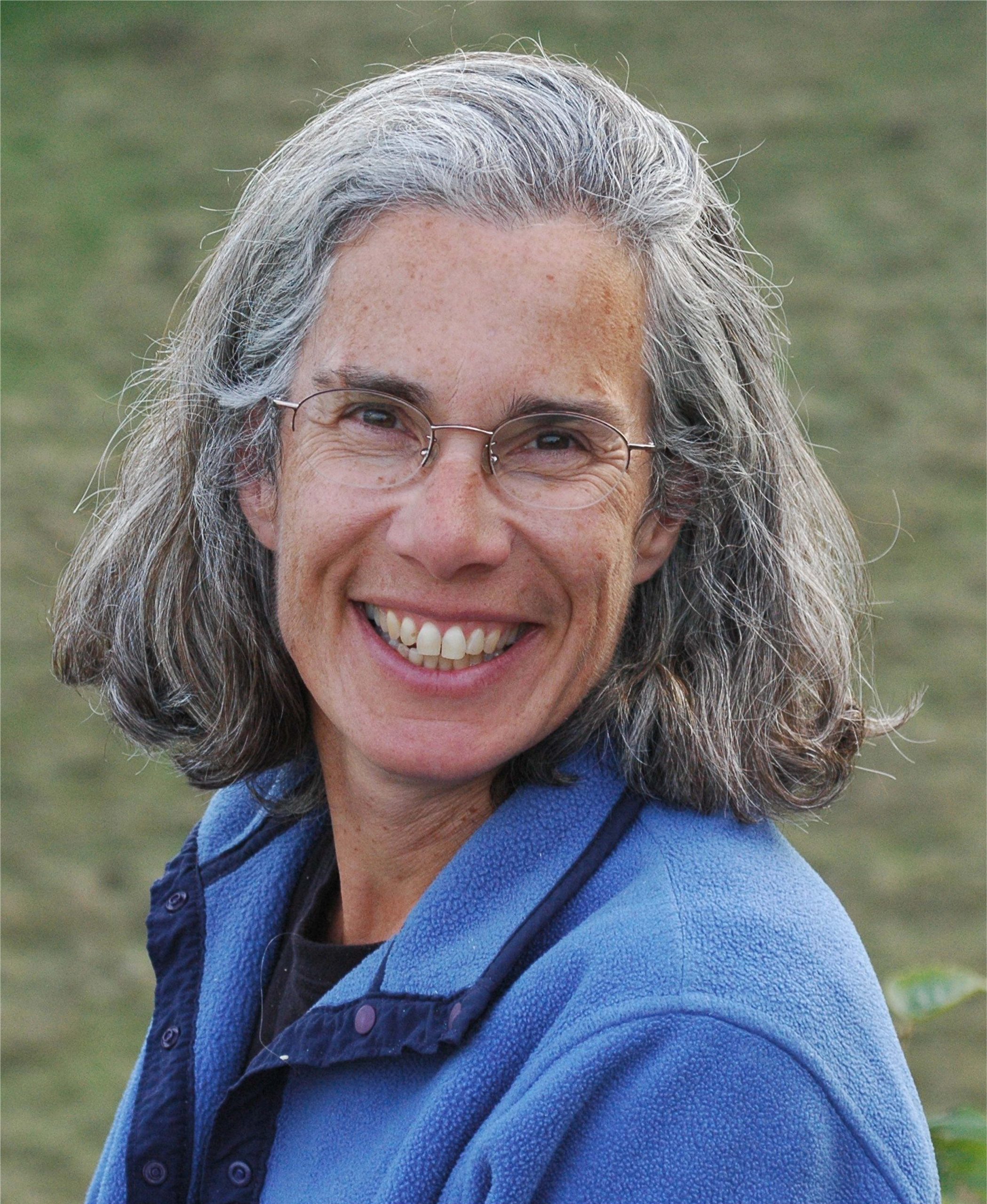
Susan Carpenter
Susan Carpenter is the Native Plant Garden curator and gardener at the University of Wisconsin–Madison Arboretum. For 22 years, she has worked with students and community volunteers, installing and managing a 4-acre garden representing the plant communities of southern Wisconsin. She also mentors students and the public monitoring bumble bees, including the endangered rusty-patched bumble bee.
A graduate of Stanford University, Susan earned her MS in Botany and MS in Science Education at UW–Madison.
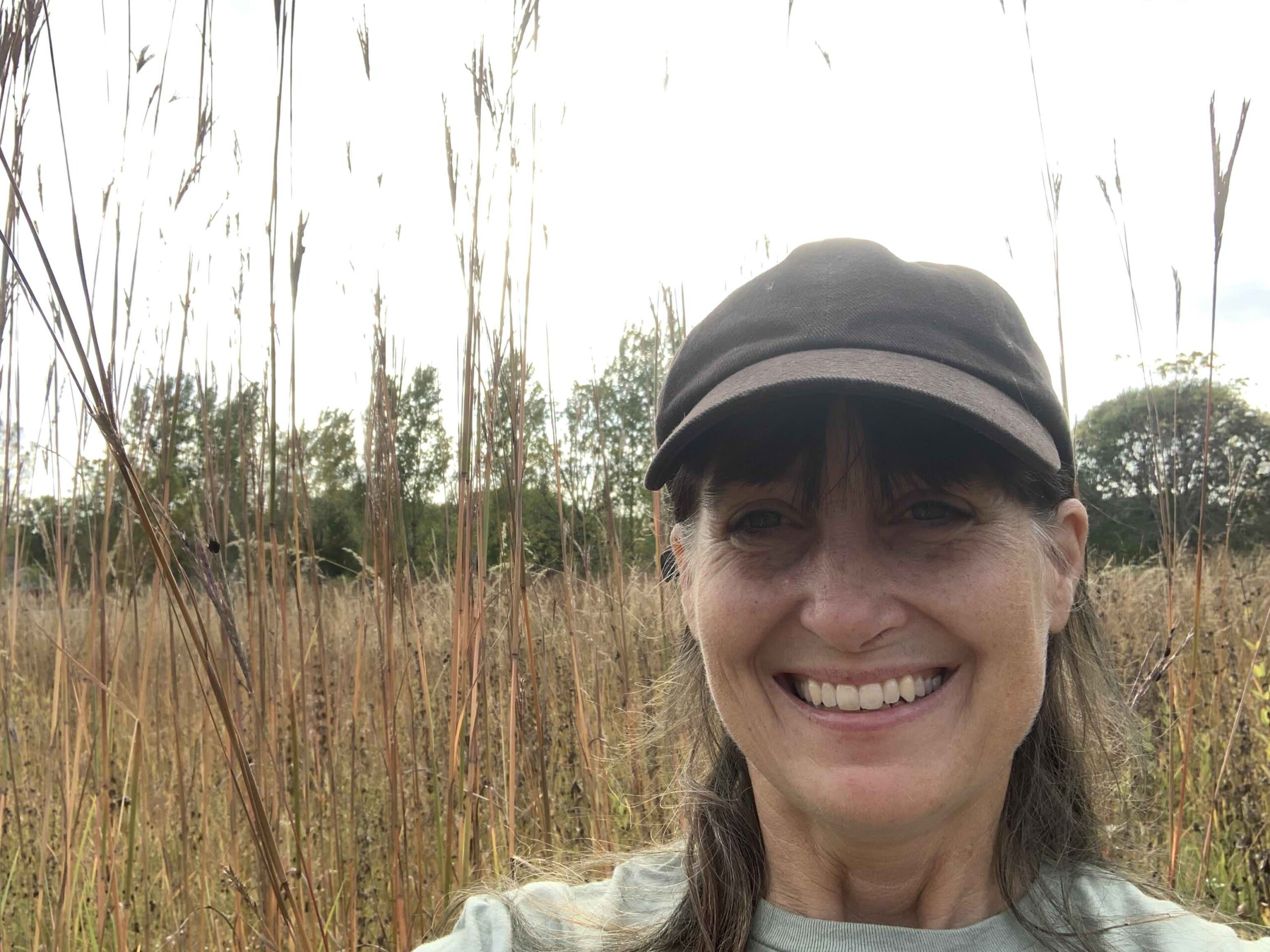
Shannon Davis-Foust
Shannon has her Ph.D. in Biological Sciences from UW-Milwaukee and has widespread interests in native and invasive species, habitat restoration, and reconnecting people with nature. She presently teaches courses at UW Oshkosh in Biology and Environmental Studies, is an Affiliate of the Sustainability Institute of Regional Transformations organizing outreach events on environmental topics, and advises the Student Environmental Action Coalition and Sustainable Beekeeping Club.
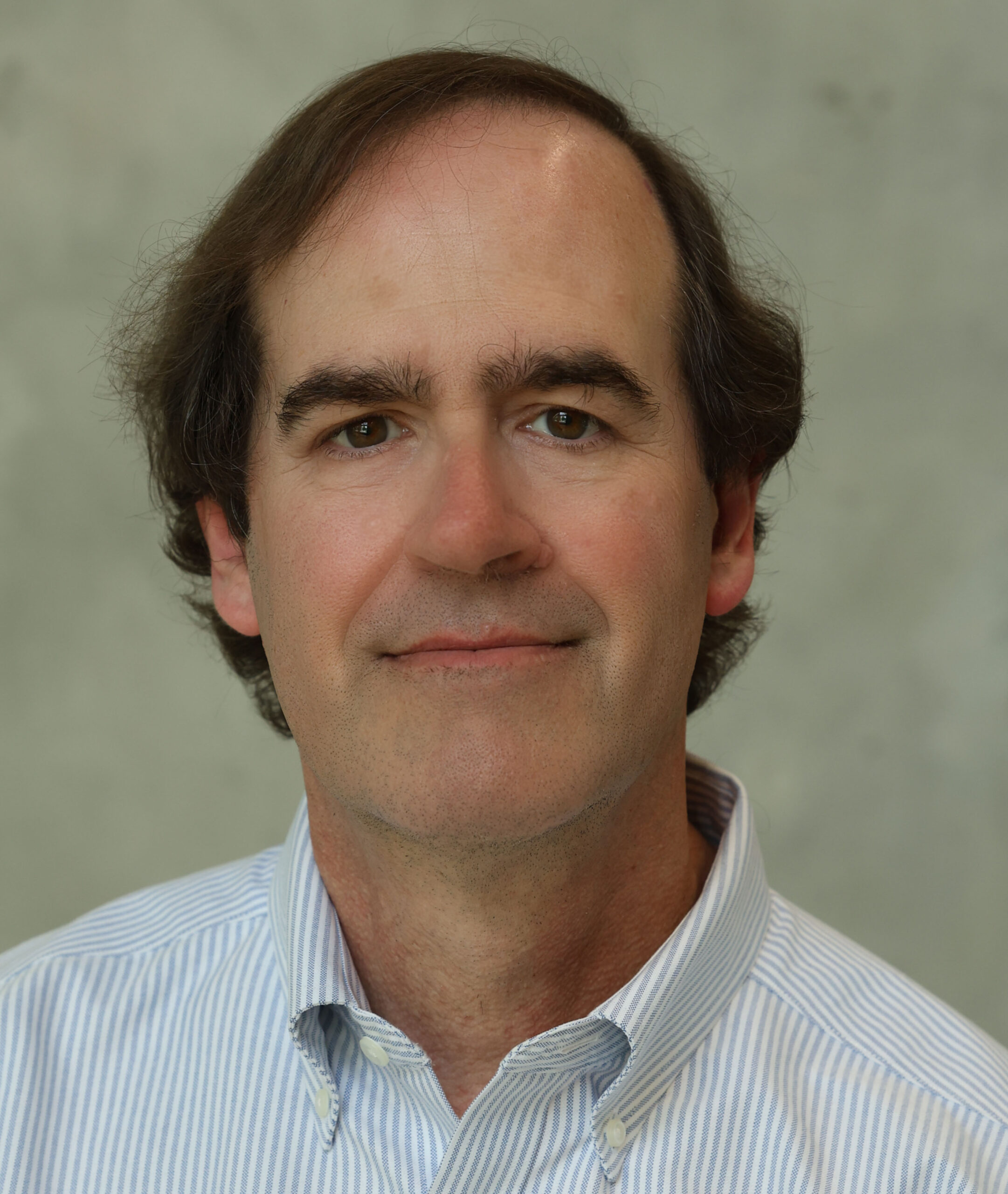
Jeff Karron is a Professor of Ecology and Evolution at the University of Wisconsin-Milwaukee. His research focuses on plant-pollinator interactions, bumble bee behavior, and the conservation of endangered plants. He has published 48 scientific papers and has organized two international conferences on pollination ecology. Jeff completed his BA at Princeton University and his PhD at the University of Colorado.
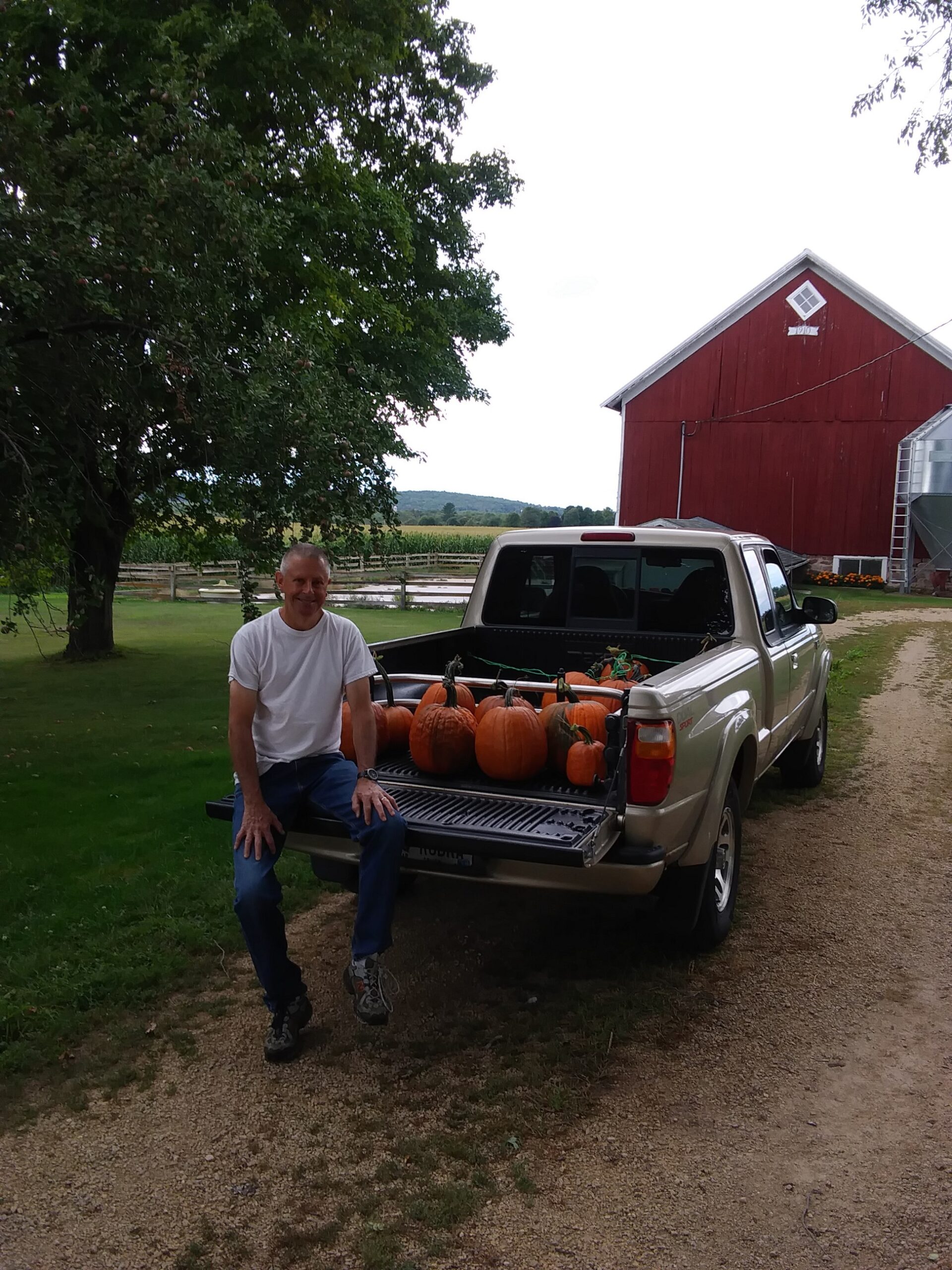
Frank has his BS in Forestry UW-Madison 1994. While working on this degree, he worked on oak regeneration and fungal tree disease projects. He has volunteered at High Cliff State Park on the Board of Directors for The Friends of High Cliff and on forest and prairie restoration projects for 20 years. He has helped coordinate and plant tens of thousands of native trees, planting a prairie, controlling invasive plants, correctively pruning some of the planted trees, protecting planted trees from deer and doing other maintenance issues. While working as a DNR Forester, he worked mainly in private and public land management as well as wildland fire control and prescribed burning.

Jade Kochanski
Jade (she/her) is an insect ecologist and specializes in bumble bee conservation and tallgrass prairie restoration. She is currently finishing a PhD with the UW-Madison Department of Integrative Biology, and holds a B.S. in Entomology and Environmental Studies (’16) and M.S. in Entomology (’20) from the UW. Jade is fascinated by bumble bee life history, nesting habitat, and their responses to local- and landscape- factors, and how these insects intersect with people’s lives. She aims to answer scientific questions through interdisciplinary collaborations and to make research accessible and relevant to more than just the scientific community.
Photo credit goes to Anne Readel, from a recent article in the Guardian on Rusty patched bumble bees!

For the past 6 years Emma has been managing terrestrial invasive plant species on Heckrodt’ s property. The management is based on the Heckrodt Habitat Management plan with hundreds of volunteers to help remove and treat these invasives. She has attended multiple Upper Midwest Invasive Species Conferences continuing to learn best management practices and is certified with DATCP in the following categories: 2.0 Forestry, 5.0 Aquatic & Mosquito, and 6.0 Right of Way and Natural Areas.
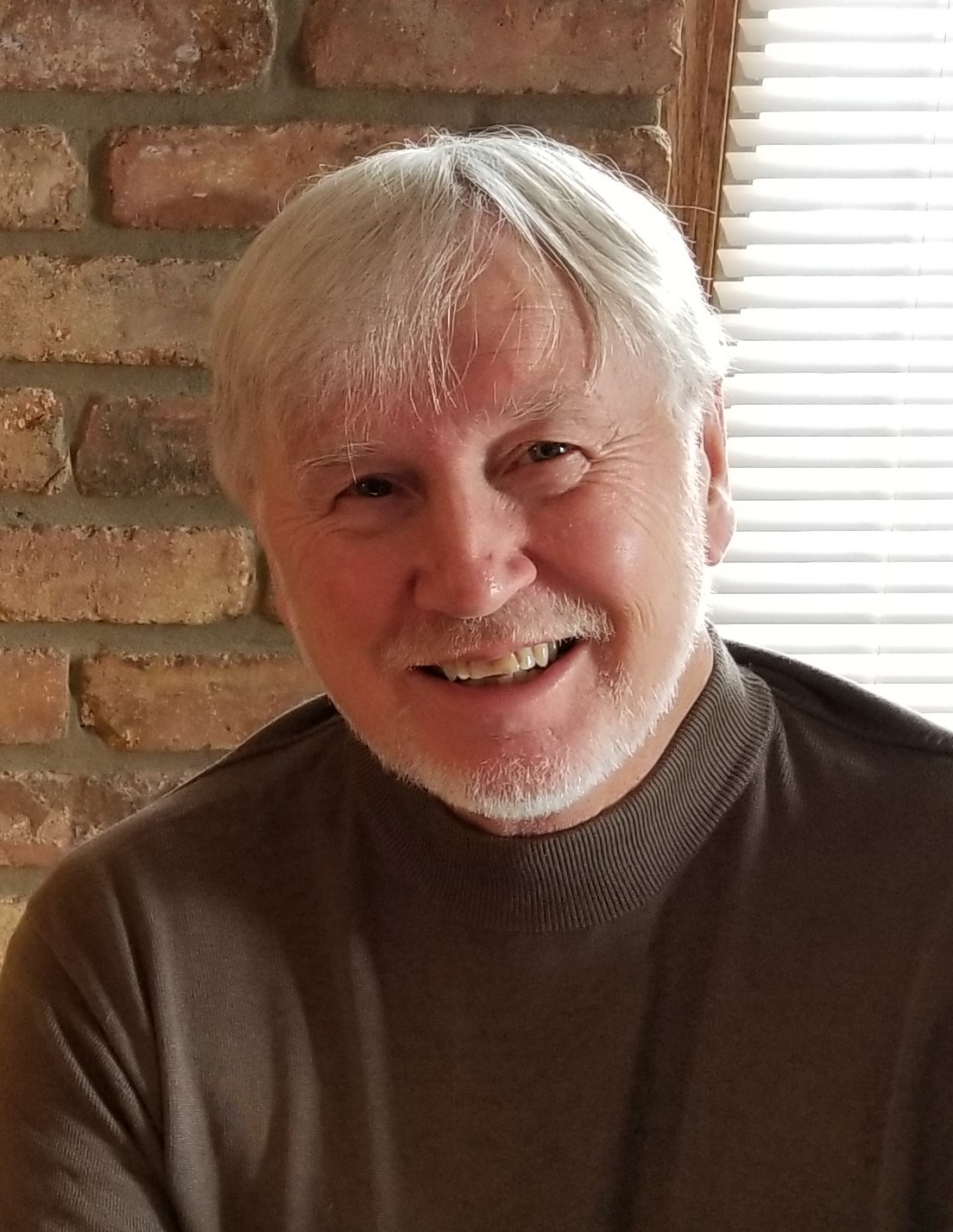
Jim Perry is Campus Executive Officer and Dean Emeritus of the University of Wisconsin-Fox Valley (now UWO-Fox Cities Campus) where he was also Professor of Biological Sciences. All of his undergraduate and graduate study was in the biological sciences, with his doctoral degree in botany and plant pathology from the University of Wisconsin-Madison. Selected by his students as “Teacher of the Year,” he taught a wide variety of courses, including those focusing on mycology when a professor of biology, wildlife and fisheries at Frostburg State University in Maryland. He’s the author of a number of books focusing on helping students gain an understanding and appreciation of the natural world. He currently serves on the board of the statewide non-partisan Wisconsin’s Green Fire: Voices for Conservation. He and his biologist wife Joy live on a retired dairy farm in rural Winnebago County, where they have recreated native prairies on 24 acres of their forty.
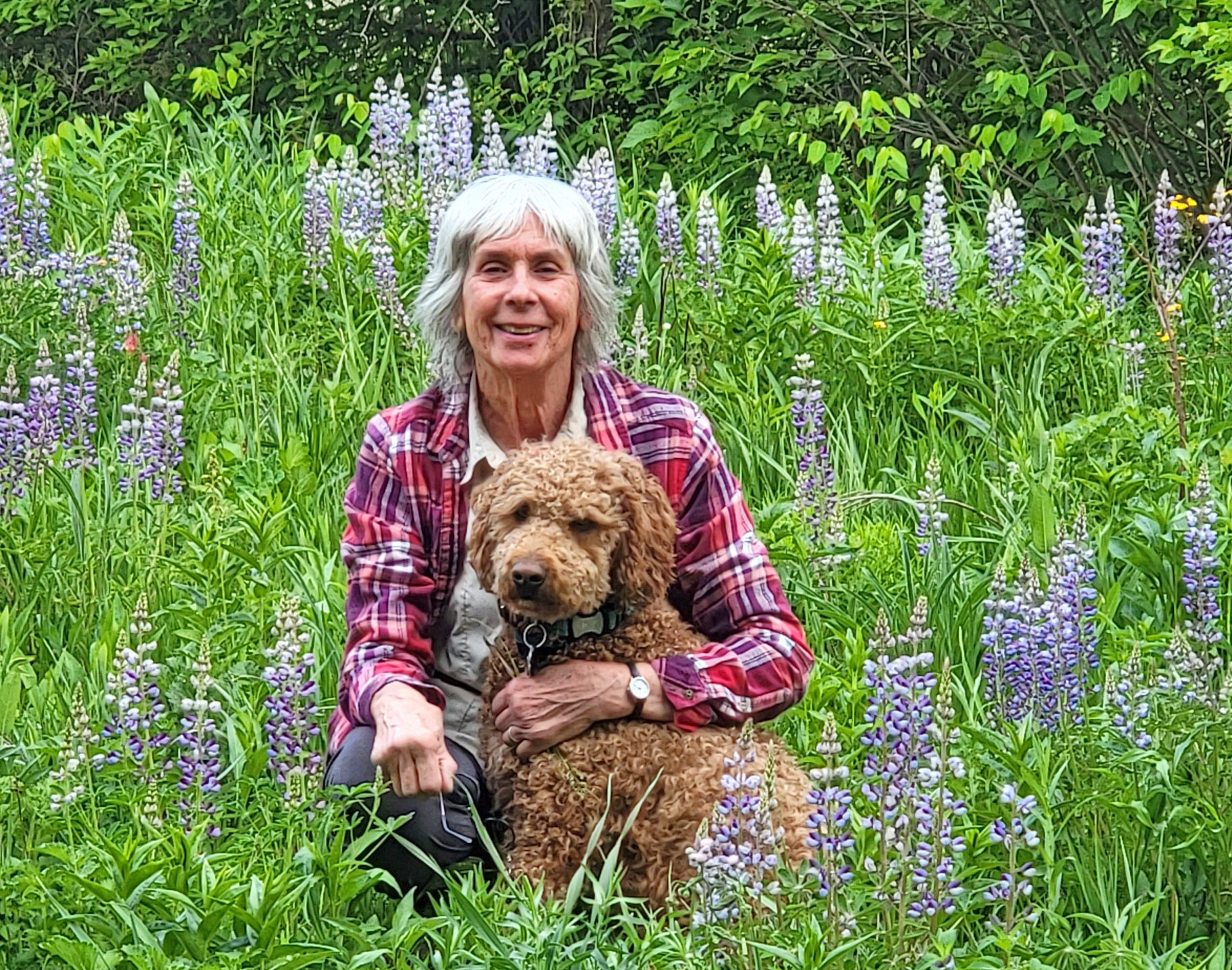
Connie Ranthum
Connie was owner and operator of Kettle Moraine Natural Landscaping for 30 years. She specialized in local ecotype forb and grass seed for prairies and savanna restoration and also designed several native wildflower gardens. Over the years, she has helped many individuals, schools, and businesses to establish prairies and still does consulting in land restoration.
In the early 1990’s, she helped to plant the Gottfried Prairie and Arboretum in Fond du Lac, and was grounds director and education coordinator for many years. She developed the seed collection workshop at the Arboretum in 2010.
Her nursery is located at her residence where she has collected seed from more than 100 native plant species. She has a small greenhouse, and in the past has sold plants to the public and at Prairie Fest. She continues to collect seed and propagate plants for her own natural landscapes and for family and friends. One of her greatest joys is growing native plants from seed.
For the last six years, Connie has been leading volunteers to control invasive plants in the Kettle Moraine State Forest-Northern Unit, including two state natural areas.
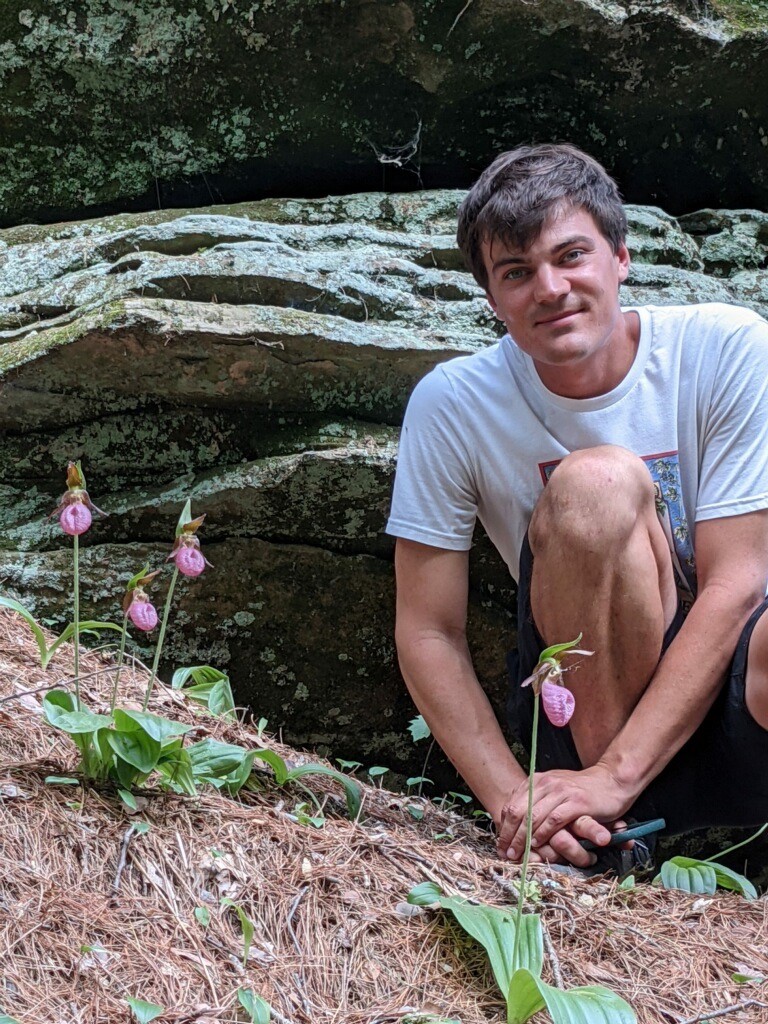
Jeff Steele
Jeff has over 10 years of experience teaching nature courses around Madison, WI. His background is in Restoration Ecology from UW-Madison and he’s passionate about restoring our native ecosystems. Jeff is the secretary of the Wild Ones-Madison Chapter and Co-Chair of the Friends of Starkweather Creek.
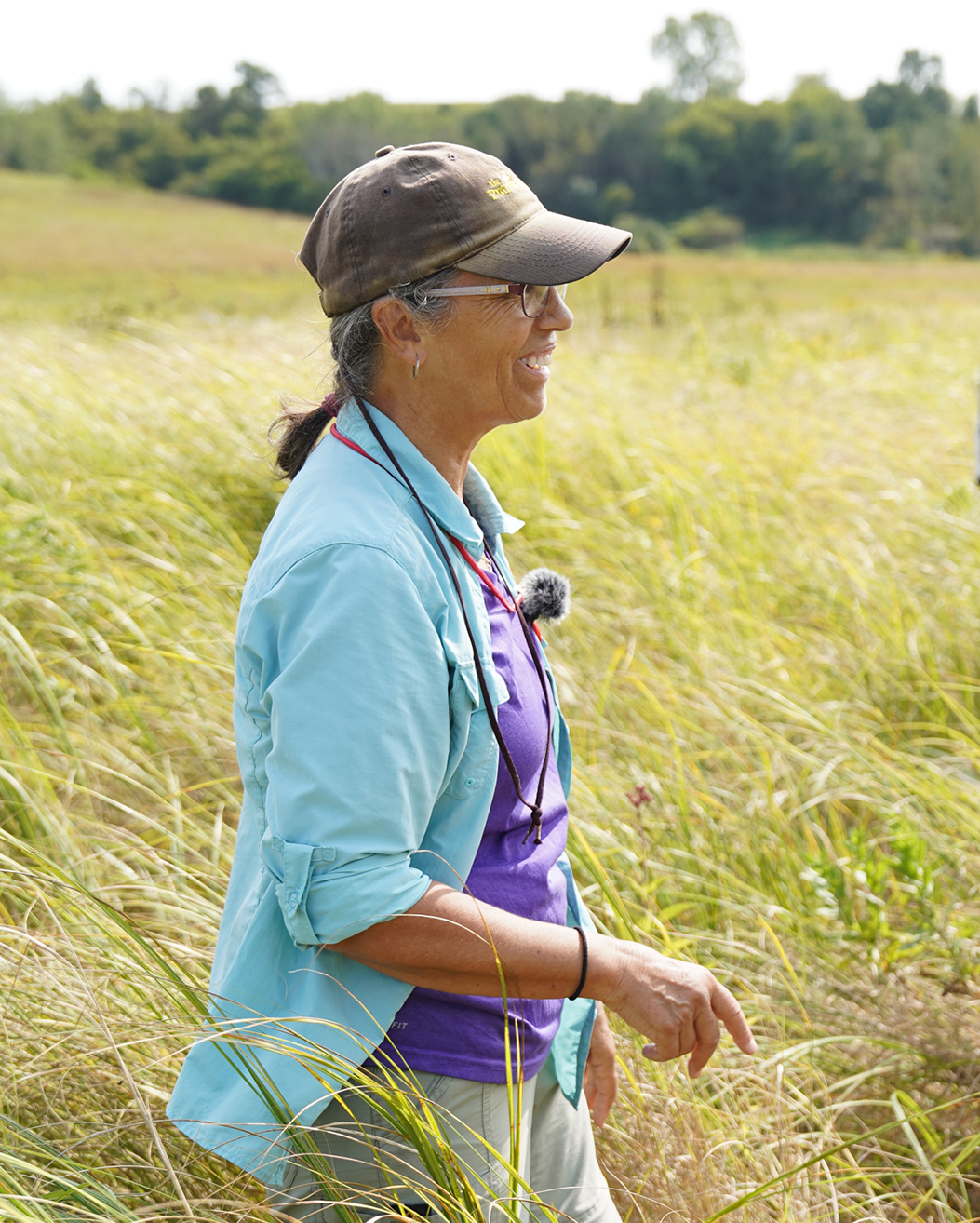
Pat Trochlell
Patricia Trochlell is a wetland ecologist who worked for the Wisconsin Department of Natural Resources for over 35 years. Her areas of expertise include wetland botany, soils, natural area restoration, site assessment and education. She is a state-licensed hydrologist and soil scientist. She currently surveys, assesses and manages wetland and upland plant communities for The Prairie Enthusiasts, other land trusts and individuals and is a Wisconsin Master Naturalist Program instructor.
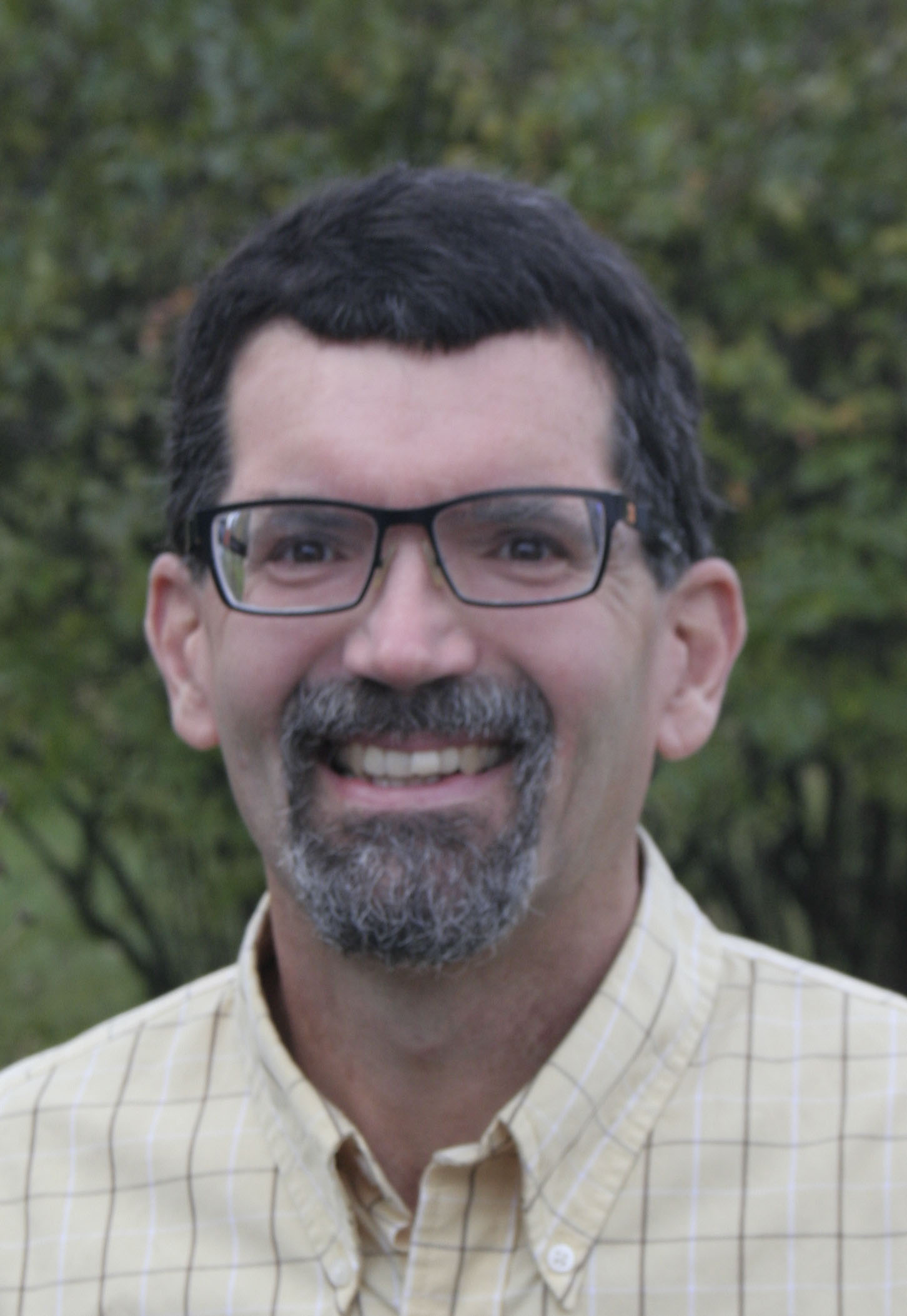
Paul Whitaker
Paul is a Professor of Biology at UW Stevens Point in Wausau and is a founding board member of the Monk Botanical Gardens in Wausau. During his graduate work in entomology at UW-Madison, he studied how pest and beneficial insects in agricultural crops are influenced by the surrounding non-crop habitats. He has been a frequent presenter to Master Gardeners and other groups on topics ranging from insect biology and management, basic botany, weed biology and management, climate change, pollinator decline, biodiversity and other topics.
Back to the Wisconsin Native Plant Certification homepage
